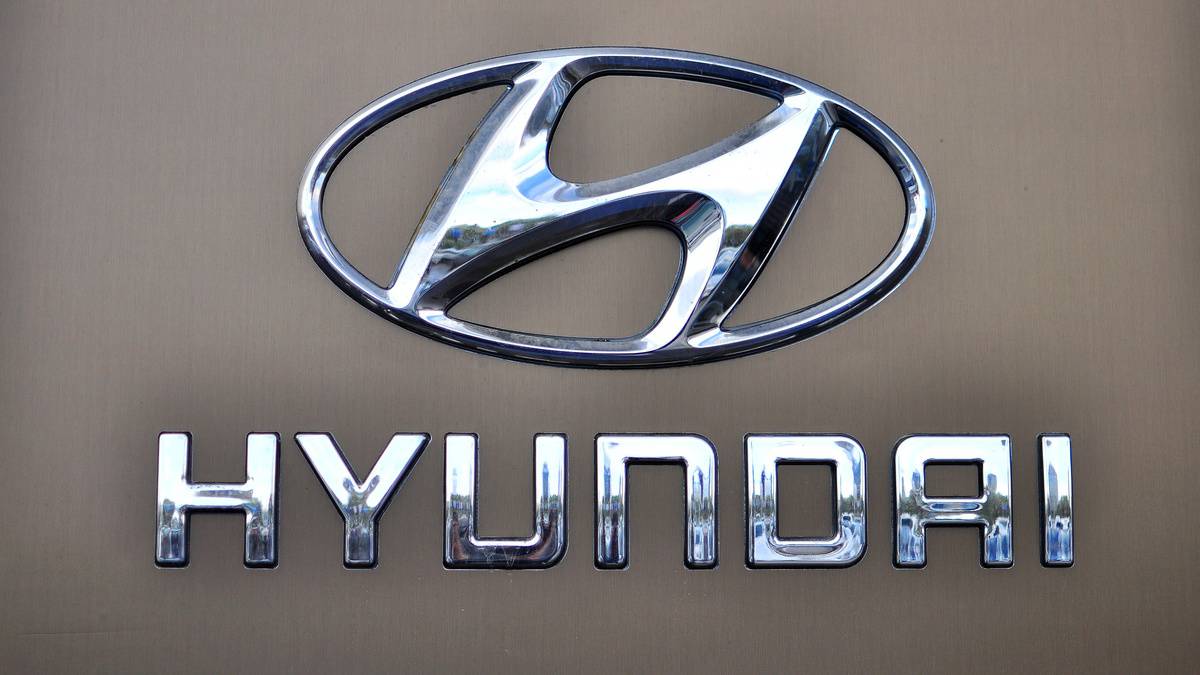South Korean legacy automaker Hyundai has just partnered with tech giant Samsung to aid electric vehicle owners in saving time and money through connected car and home services.
Partnership details
According to the press release, Hyundai Motor and its Kia brand will integrate Samsung’s SmartThings IoT (Internet of Things) platform into their connected car services.
This partnership will enable Hyundai and Kia EV owners to remotely control their home devices like lights and AC units directly from their cars through the infotainment system. Likewise, they can also control some functionalities of their cars like temperature and charging time from home via AI speakers, TVs, and apps on your phone.
In addition, owners can also use the SmartThings IoT platform to monitor their car and home energy consumption, enabling them to alter charging times to save money from costly charging rates.
Expansion plans
Hyundai and Kia plan to update their infotainment systems and offer new features via over-the-air updates. In addition, they will also launch USB updates for current models.
These efforts are a crucial part of the parent company’s efforts to expand its Car-to-Home and Home-to-Car services to global customers by integrating connected car platforms and Samsung SmartThings.
“This is an opportunity to make the connected car’s Car-to-Home and Home-to-Car services more convenient in various fields. We plan to accelerate our technology development to continuously make global Hyundai and Kia customers’ journeys meaningful.”
Haeyoung Kwon, Vice President of Hyundai and Kia’s Infotainment Development Center
Significance
Hyundai and its Kia brand acknowledge the significance of digital services among customers in key electric vehicle markets like China and the US.
Customers are increasingly less concerned with the brand as they put more consideration into the car’s offered features and services, as noted by Electrek.
Impressively, Hyundai and Kia enjoyed record sales in the US in 2023 as the Ioniq models and Kia EV9 continue to enjoy strong demand.
The automaker’s increased efforts to advance software and connected services will undoubtedly boost its sales performance further in the coming years, potentially aiding its target to advance as a top three electric automaker by 2030.

